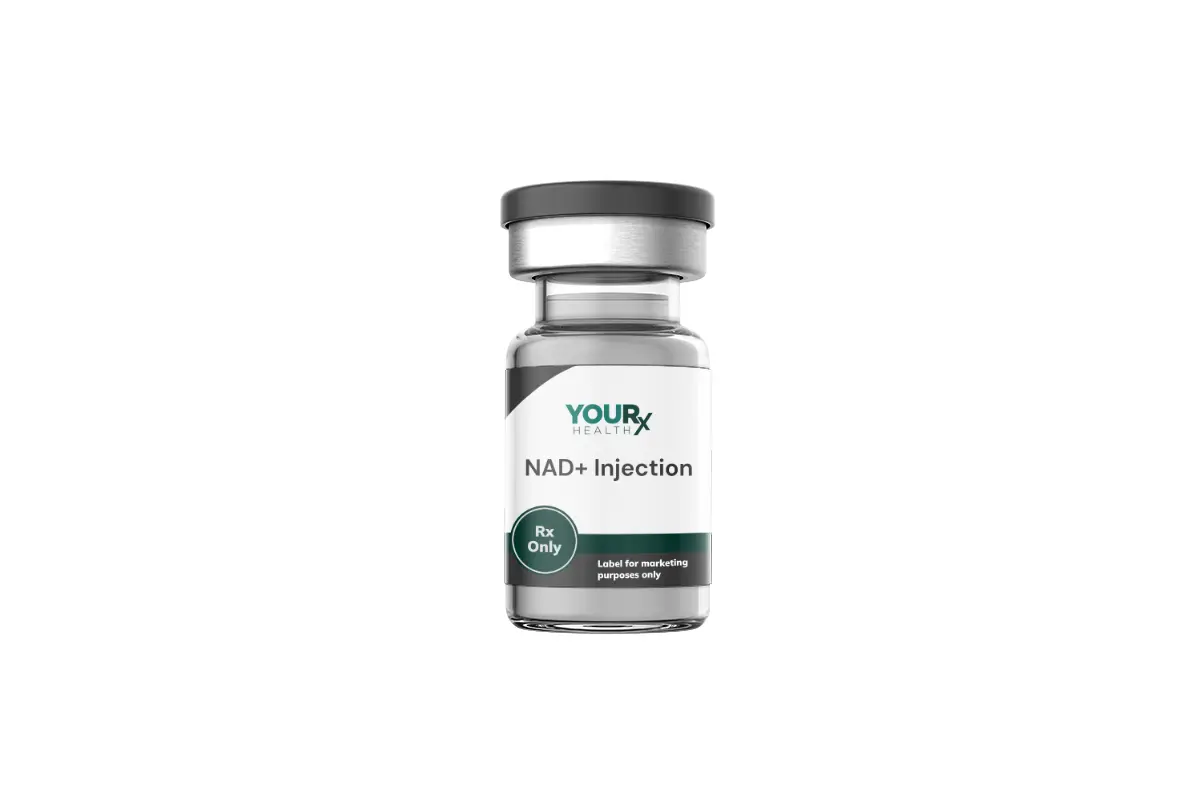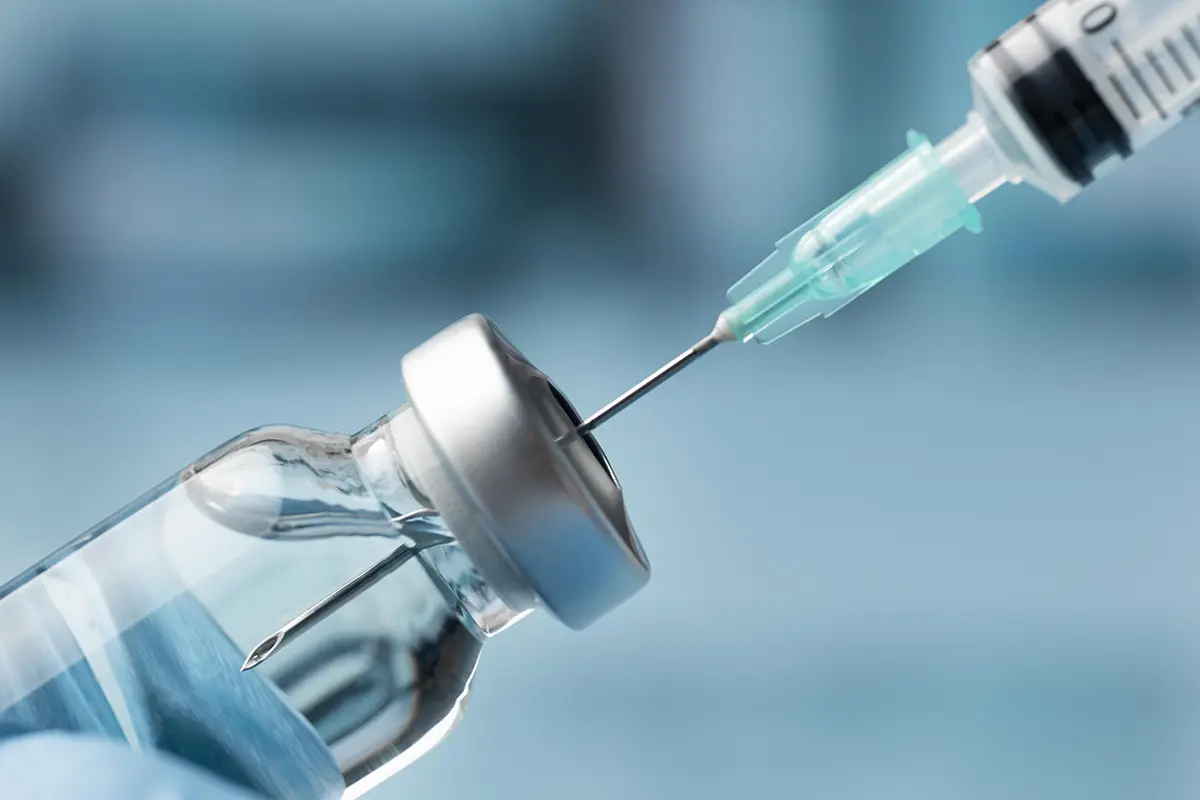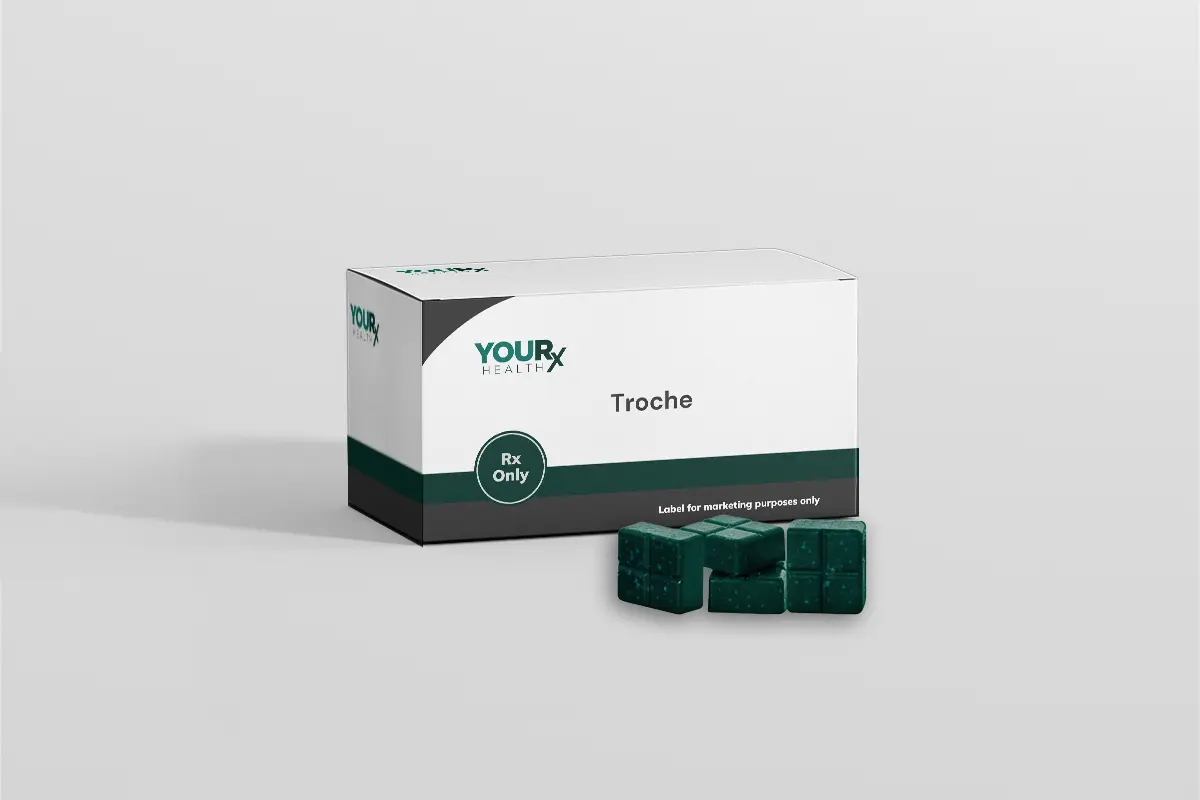
Written by
Jessica Guht
Medical & Health Writer | Wellness Enthusiast | MEng in Biomedical Engineering
Jessica is a medical writer with an unquenched thirst to discover something new. She believes that medical content should be universally accessible and strives to write content that everyone, no matter their background, can understand. Credentials: MEng in Biomedical Engineering from Rutgers University.
Peptides are a smaller form of proteins, which makes them easier for the body to absorb. Their small size also allows them to penetrate the skin and intestines more easily, and as a result, peptides can enter the bloodstream more quickly than proteins.
With the many different types of peptides, there are also many uses and benefits that they offer.
The Benefits of Peptides
Research has shown that peptides can reduce inflammation, lower high blood pressure, improve immune function, and act as antioxidants. These benefits can manifest in the following ways:
The Benefits of Peptides
Certain peptides can give your body a wellness boost in terms of enhancing metabolism and reducing abdominal fat. Sermorelin, in particular, is a synthetic peptide designed to mimic the natural peptide, Growth Hormone-Releasing Hormone (GHRH). As a result, sermorelin encourages your body to produce and release more growth hormone, boosting IGF-1 levels, enhancing metabolism, and reducing abdominal fat. Given these benefits, sermorelin can significantly improve your physical health.
Slow Down the Aging Process
Collagen is a protein that is vital for our skin’s vitality, but it unfortunately declines as we grow older, leading to wrinkles and sagging skin. However, collagen peptides are easier for our bodies to absorb than standard collagen proteins, and studies have shown that collagen peptide supplements can treat skin wrinkles.
Our bodies cannot absorb collagen in its full form, which is what makes collagen peptide therapy so advantageous—it provides collagen in a smaller package.
Facilitate Wound Healing
Collagen peptides can also aid your skin as it heals from wounds, not only by helping your skin stitch itself back together but, thanks to their anti-inflammatory properties, by supporting your natural immune response.
Build Strength
Various peptides, including creatine, collagen, and sermorelin, can help increase muscle mass and, in particular, lean muscle. This boost in muscle can be a big contributor to aging more gracefully and limiting injuries from day-to-day activities.
How to Boost Peptides
There are various methods by which you can experience these peptide benefits.
The first is through food, with many peptides found naturally in foods, especially foods that are high in amino acids, such as meat, beans, fish, lentils, oats, soy, and flaxseed.
Besides food, another way to boost your peptide levels and see their benefits is through peptide therapy, which may include a dietary supplement taken orally, a topical cream, or a peptide injection. The form that the therapy is available in can depend on the peptide’s stability in different forms or where the peptide needs to go. Since it is often easiest for the body to make use of the peptides when they are injected directly into the blood, peptide injections are common.
Benefitting from Peptides
Peptides are smaller proteins that are comprised of amino acid chains, yet despite their size, they can play a large role in maintaining your wellness. With benefits that include aiding weight loss, reversing and preventing the signs of aging, supporting wound healing, and building strength, peptides can be an advantageous addition to your lifestyle.
YOURx is committed to helping you take control of your well-being. If you’re interested in seeing how peptides can benefit you, explore our range of products.
References
Chakrabarti, S., Guha, S., & Majumder, K. (2018). Food-Derived Bioactive Peptides in Human Health: Challenges and Opportunities. Nutrients, 10(11), 1738. https://doi.org/10.3390/nu10111738
Walker R. F. (2006). Sermorelin: a better approach to management of adult-onset growth hormone insufficiency?. Clinical interventions in aging, 1(4), 307–308. https://doi.org/10.2147/ciia.2006.1.4.307
Proksch, E., Schunck, M., Zague, V., Segger, D., Degwert, J., & Oesser, S. (2014). Oral intake of specific bioactive collagen peptides reduces skin wrinkles and increases dermal matrix synthesis. Skin pharmacology and physiology, 27(3), 113–119. https://doi.org/10.1159/000355523




